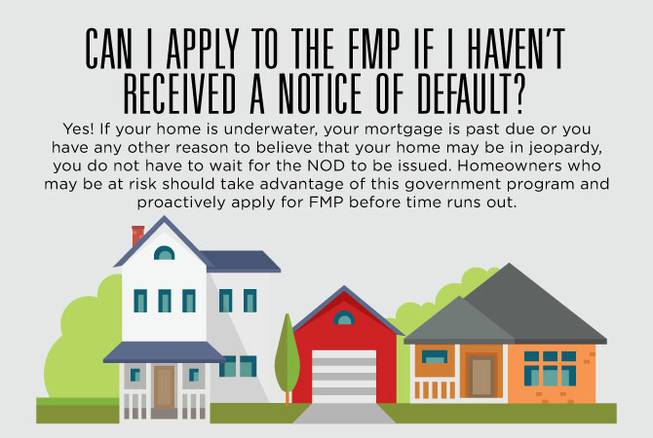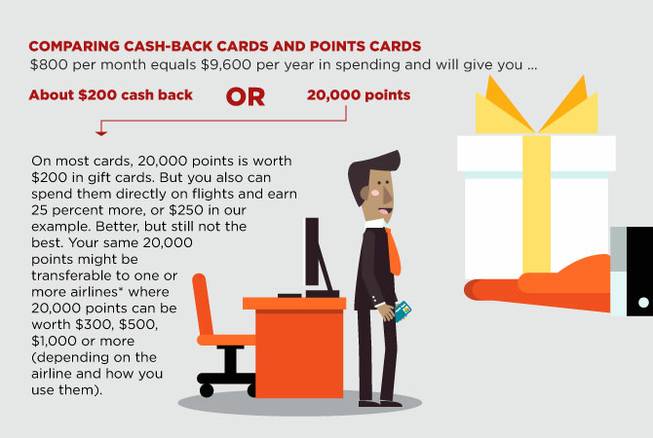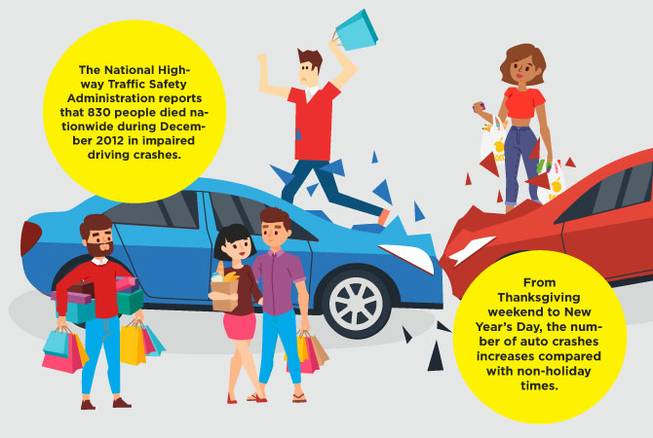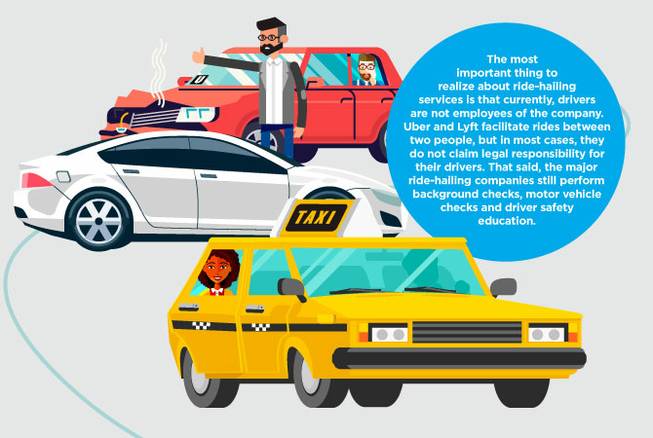
With the start of the New Year comes the opportunity to make resolutions to improve your current financial situation.
Here is a financial planning checklist to help ensure you’re setting yourself up for a successful and profitable 2017.
Step one: Review your current finances
- Is there anything I regret spending money on last year?
- What do I have? Consider your savings, assets and any investment holdings.
- What do I owe? List out all of your debts — everything, including your mortgage, car payments, outstanding credit card debt and anything else.
- What do I make? Look at your income and any money coming from investments or other accounts.
Step two: Calculate your net worth
To do this, add up all your assets (including things you still owe on, such as cars and houses), and then add up all your debt. Subtract the total amount of your debt from the total amount of your assets. That number is your personal net worth.
Making it a habit to calculate your net worth annually will help give you a general idea of your financial strengths, weakness and progress.
It also may be beneficial to calculate how much unsecured debt you owe — that is, any debt not directly tied to an asset like a house or car. The most typical unsecured debts are credit cards, payday loans and medical debt.
Note: Student loan debt is secured by your tax returns and Social Security.
Step three: Prioritize and manage your debt
Some debts should take higher priority than others. If you have loans that require a monthly payment, such as a student loan, mortgage or car payment, those are the most important, even though they might have lower interest rates than your credit cards.
After handling your secured debts, look at how much unsecured debt you have and note the annual interest rate on each one. Do you owe $10,000? $20,000? $75,000? With typical interest rates for credit cards at 15 percent, every $10,000 you owe means you’re paying $1,500 each year just in interest.
At this point, be brutally honest with yourself. If you can’t figure out a way to get out of debt in 12 to 24 months, it’s time to learn about debt-relief options. The new year is a great time to build a new financial future. Struggling to make minimum payments for the next 12 months, or five years, is only going to waste your money and stress you out. If you owe $5,000 or more and need help, seek a free consultation with a full-service debt relief attorney.
And remember, you’re not alone — the average indebted person in America has $16,048 in credit card debt.
Step four: Check your credit reports
The Fair Credit Reporting Act (FCRA) requires each of the three major credit reporting agencies to supply a free credit report to anyone who requests it, once a year.
The three agencies are Equifax, Experian and TransUnion. Because you can get a report from each one annually, some people prefer to stagger their requests throughout the year. However, if it’s been a while since you’ve checked any of them, now might be a good time to request the reports from all three.
You can request your reports online (visit annualcreditreport.com), over the phone (1-877-322-8228) or by mail.
Once you receive your reports, carefully read each line item to check for inaccuracies, and compare the reports to ensure they’re more or less consistent. If you think you’ve found an inaccuracy or any unaccounted for line items, contact the credit reporting agency directly to open a dispute.
Other tips
• Close unnecessary accounts and any unused automatic payments you’ve set up.
Double-check your statements for the year; you may be paying fees for subscriptions or memberships that you no longer use.
For example, when was the last time you watched Netflix? Or used your gym membership? It’s good to make a list of anything that has an automatic payment plan.
If you haven’t used the service enough to justify its cost, cancel it now. Don’t talk yourself into thinking you’ll use it eventually if history proves otherwise — especially if it could save you money every month.
• Anticipate for tax season.
Get a jump start on the process by gathering all relevant paperwork now.
If you think you’re owed a refund, consider filing a month or so in advance to get your money sooner! If you’re not expecting a return, be sure to put away some money to pay what you owe to the IRS.
If you are expecting a return, before spending it, consider using it to pay down any outstanding debt. If your return won’t be enough to pay off all your debt, talk to a debt relief specialist about how to maximize your return and settle your debt for less than what you owe.







